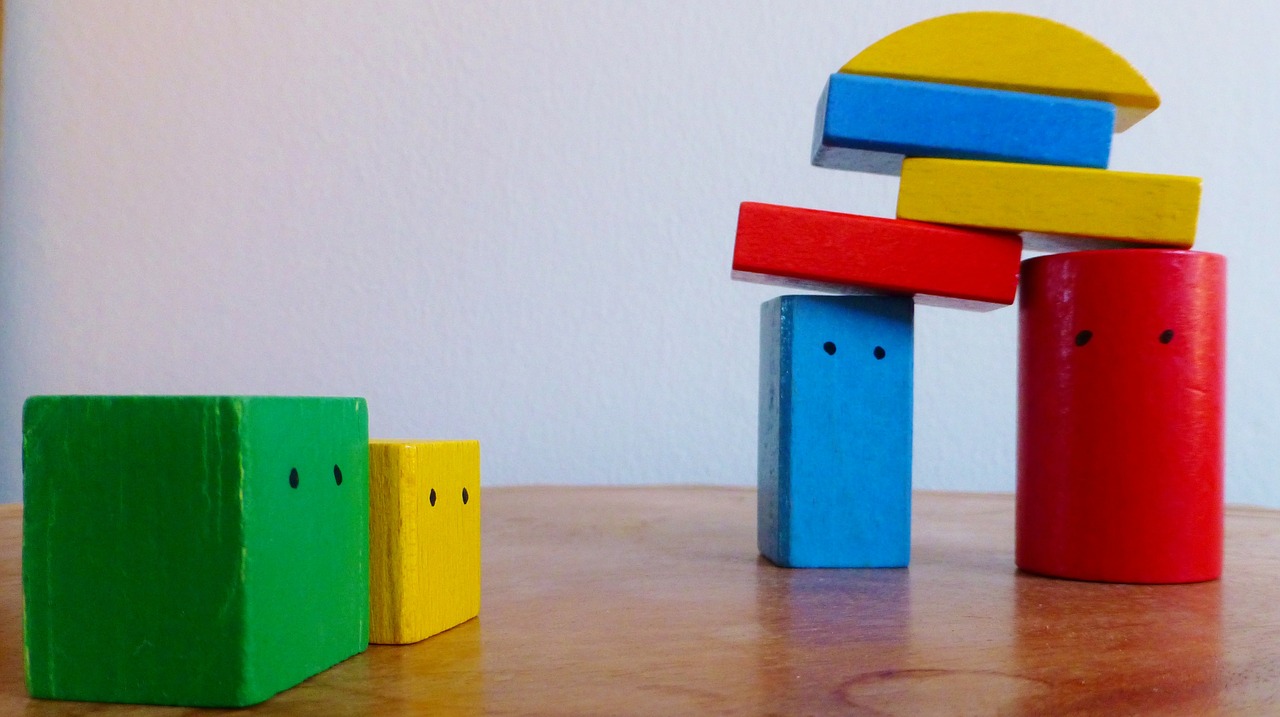How Does Play Therapy Work?
Play helps children develop their unique potential and is vital for healthy brain development. Play allows a child to express themselves.
The Association of Play Therapy reports that “play is a child’s language and toys are the child’s words.”
The Association for Play Therapy also noted, “Through play therapy, children learn to communicate with others, express feelings, modify behavior, develop problem-solving skills, and learn a variety of ways of relating to others. Play provides a safe psychological distance from their problems and allows expression of thoughts and feelings appropriate to their development.”
The American Counseling Association notes that children “use play to experience themselves in a variety of imagined situations.” When something is troubling them, children may find they lack the verbal language needed to express their thoughts and feelings. Instead, children may misbehave or act out at school and/or at home.
For children with social, emotional or behavioral disorders, utilizing play through play therapy methods can be a helpful treatment option. During play therapy, trained professionals can assess and understand a child’s play. The positive relationship that develops between the child and therapist serves a conduit to help children learn how to adapt and cope when there are emotional or social skills deficits
Play therapy can be used to treat:

- Arrested emotional development
- Grief and loss
- Developmental issues
- Post-traumatic stress
- ADHD (attention deficit hyperactivity)
- Mood disorders
- Anxiety
- Obsessions and compulsions
- Depression
Play therapy is designed for children age 12 and younger. During the session, a child experiences a safe environment where they are allowed to play.
At Comprehensive Rehab, therapists use a structured approach to help children learn more adaptive behaviors. During play therapy, the therapist can help direct children toward corrective emotional experiences necessary for healing and help promote cognitive development.
Through play therapy, children are able to use toys to learn about themselves and the world around them. In order to express his or her feelings, specific toys are available and the child’s interactions serve symbolically as a child’s “words.”
Toys used with therapy may include art materials, costumes, sports equipment, clay, stuffed animals, dolls or building blocks. A therapist may also use techniques including storytelling, music, creative visualization or dance. Utilizing their natural play skills, children are able to express their thoughts and feelings and therefore develop better social skills, problem-solving techniques, and develop positive decision-making skills.
For more information regarding Play Therapy or other treatment options offered at Comprehensive Rehab, contact us today.
Comprehensive Rehab has Iowa locations in Clinton and Maquoketa.
